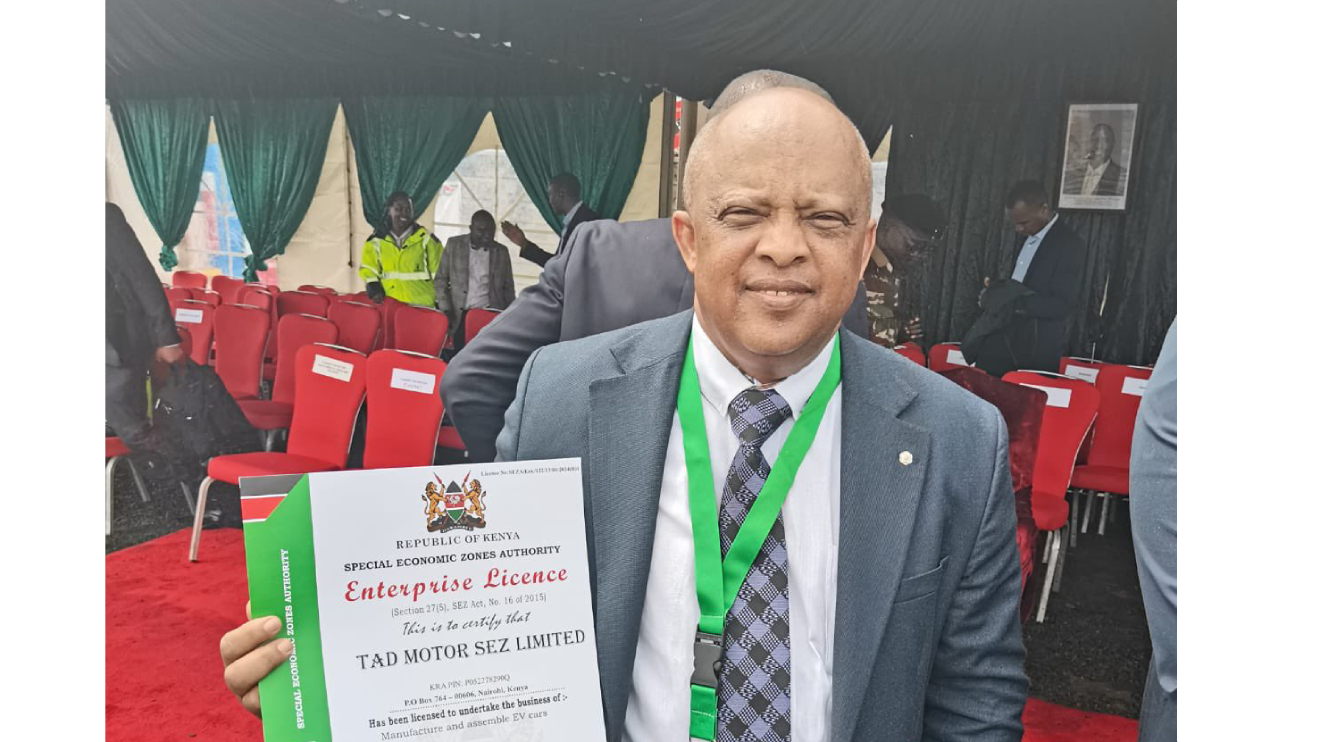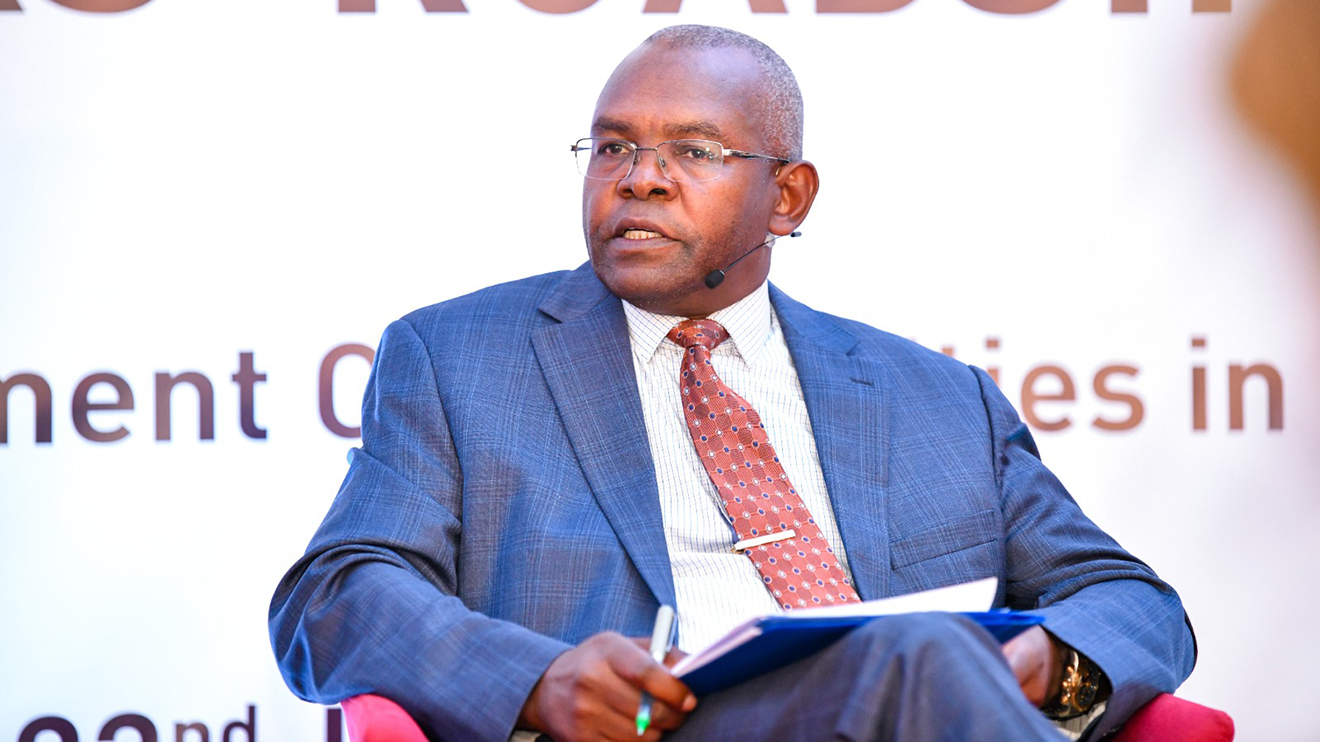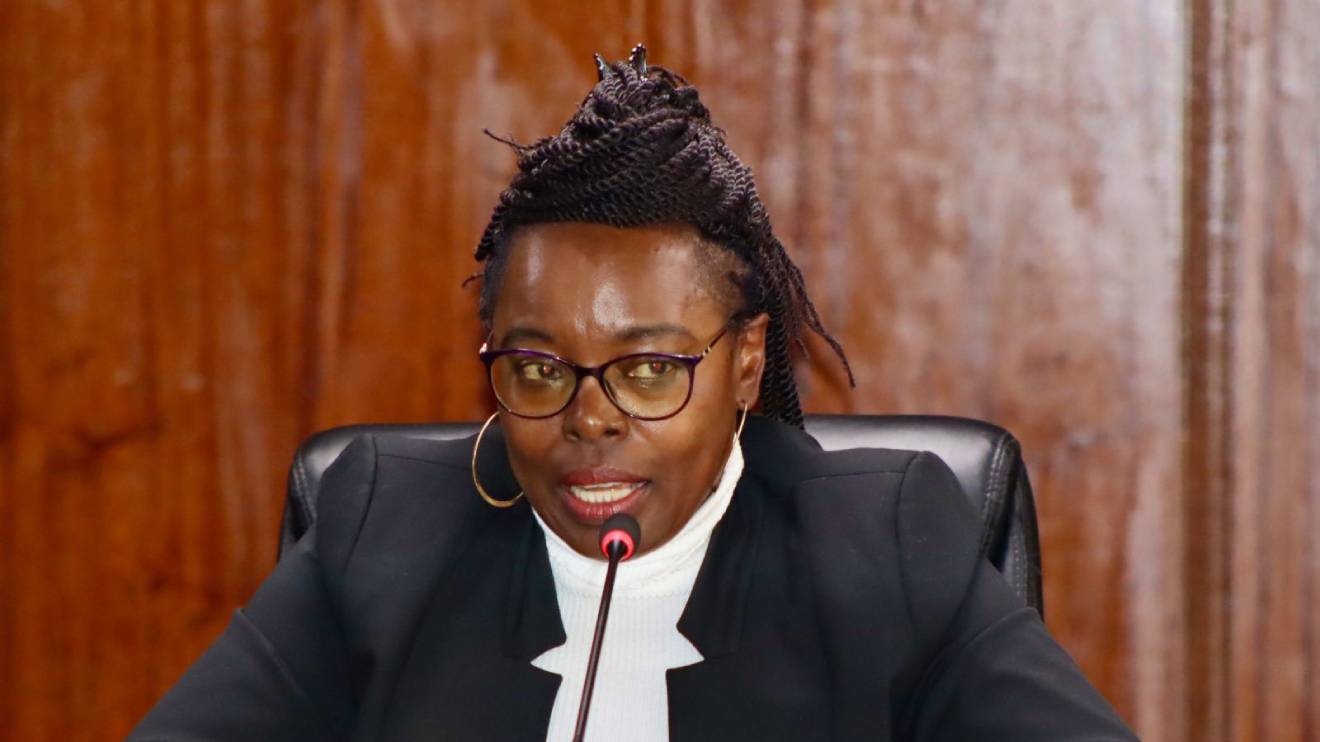Tanzania has officially restricted access to the social media platform X, formerly known as Twitter, following allegations that it has repeatedly allowed the circulation of pornographic material that contravenes national laws and cultural norms.
Information Minister Jerry Silaa, speaking this week, confirmed that the government had moved to block the platform entirely after observing persistent violations by X, including the dissemination of sexually explicit content.
He pointed out that some of the content involved same-sex pornography, which he said directly undermines the country’s digital conduct standards.
“The content being shared on X is contrary to our laws, culture, customs, and traditions. X has permitted explicit sexual material, including same-sex pornographic content, which breaches our online ethics guidelines,” he said.
His remarks come after users in Tanzania had been reporting increasingly limited access to the platform over the past fortnight.
Read More
However, until this week, the government had not formally declared a total shutdown.
The confirmation follows an uptick in digital tension, particularly after reports surfaced that a government police account on X had been compromised during this period.
Silaa further pointed to a policy adjustment made by X in the previous year, when the company publicly declared its intention to allow “consensually produced and distributed” adult content.
According to him, this change rang alarm bells within the administration and was a major factor in prompting the clampdown.
Beyond X, Silaa indicated that the government’s regulatory efforts extend across other digital platforms as well.
He noted that content restrictions have already been applied to platforms such as YouTube, citing a broader initiative aimed at aligning online activity with Tanzania’s legislative framework.
“Even on YouTube, you might notice that some content is inaccessible. That’s part of our broader effort to protect consumers and ensure that all online platforms operating in our country comply with our laws,” Silaa said.
The move marks a significant step in Tanzania’s increasing scrutiny of digital spaces, raising questions about how international platforms will adapt to the country's growing insistence on content compliance with local values.

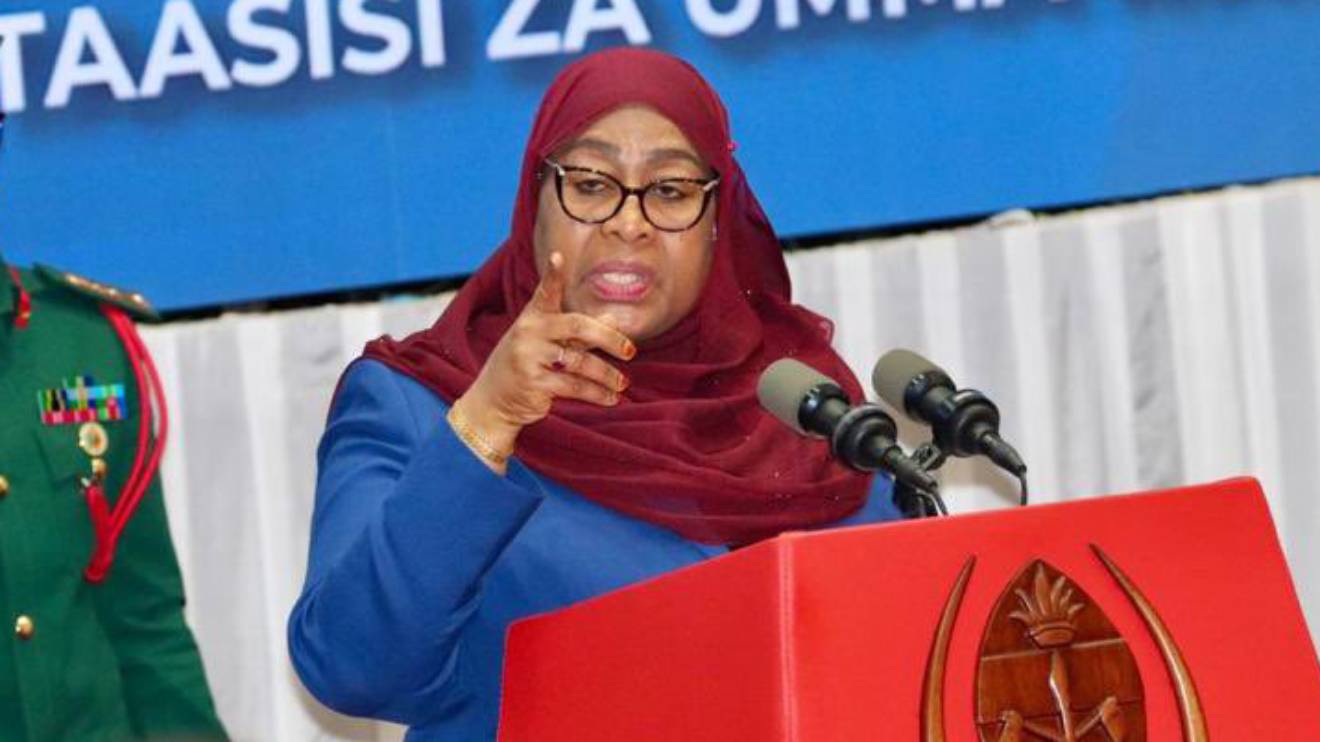


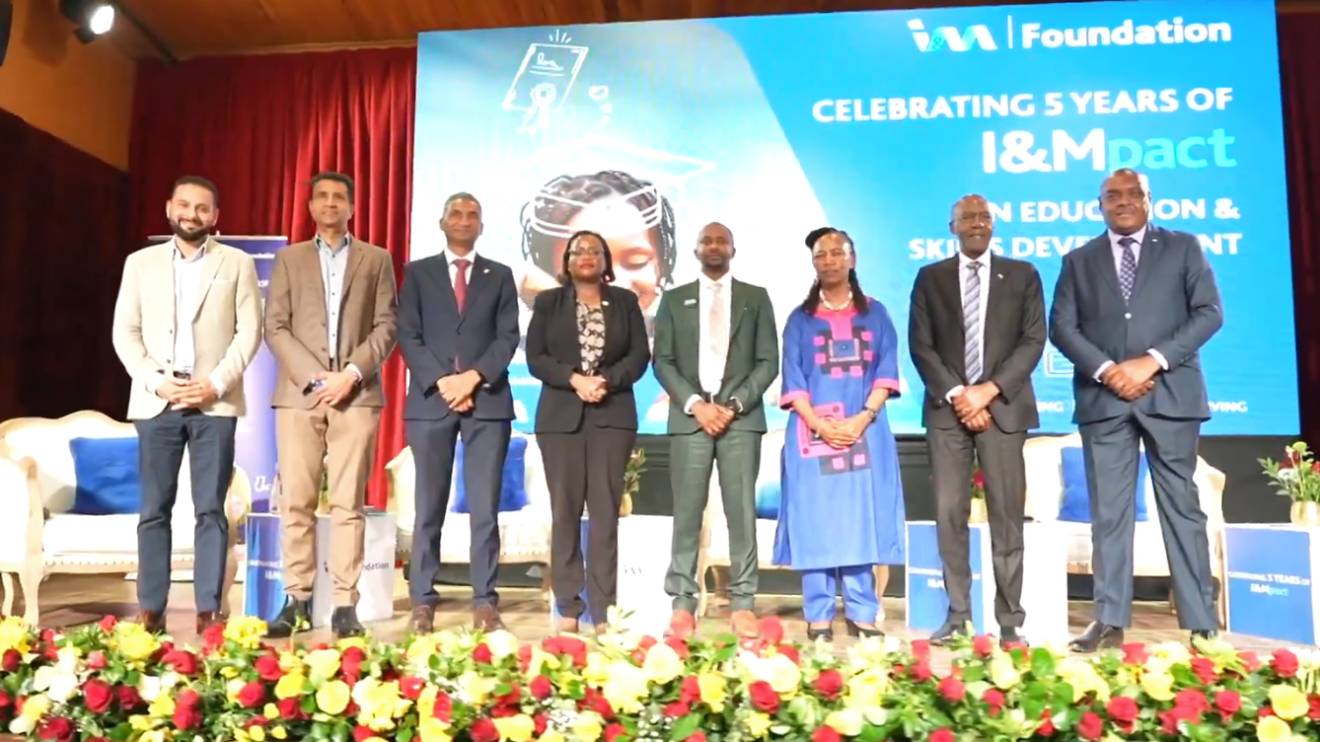


-1756319289.jpg)
